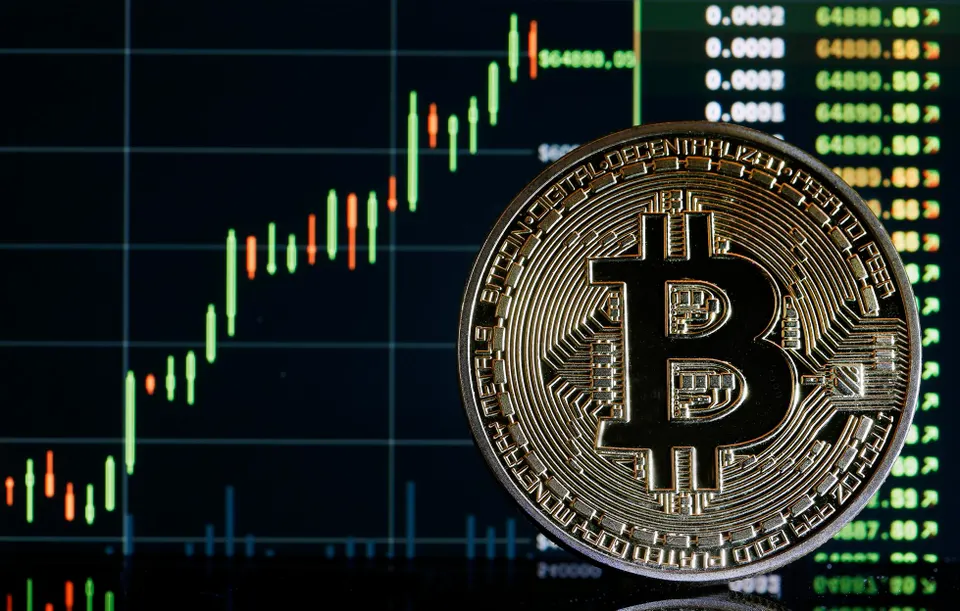
Bitcoin’s famed economist and outspoken cryptocurrency critic, Peter Schiff, has expressed a significant warning about its future path. Through several recent social media posts, Schiff conveyed his concerns about potential regulatory changes that could profoundly affect the cost and functionality of Bitcoin transactions. His emphasis is specifically on the regulatory direction led by Securities and Exchange Commission (SEC) Chair Gary Gensler.
Since @GaryGensler was backed into a corner on spot #BitcoinETFs approval, I think he will soon introduce new onerous #crypto regulations that will substantially increase the cost of #Bitcoin transactions, further undermining its "use" case, resulting in a sharp decline in price.
— Peter Schiff (@PeterSchiff) January 17, 2024
Gensler’s anticipated and rigorous crypto regulations, as contended by Schiff, may significantly increase the expenses linked to Bitcoin transactions. According to Schiff, this could further erode the cryptocurrency’s functional use, ultimately resulting in a pronounced decline.
The crux of Schiff’s concerns revolves around the anticipation of comprehensive regulatory changes by the SEC. He believes this could substantially elevate transaction costs for BTC. In Schiff’s analysis, this heightened regulatory environment threatens the practicality of BTC and could lead to a sharp depreciation in its market value.
Bitcoin Faces Regulatory Clampdown
Schiff interprets Gensler’s recent actions in approving spot Bitcoin exchange-traded funds (ETFs) as the basis for his foresight. He sees this as a reluctant concession that might trigger more assertive regulatory measures. While some social media users have pointed to Gensler’s previous classification of BTC as a commodity, potentially complicating extensive SEC regulation. Schiff argues that the focus of new regulations may shift more towards anti-money laundering (AML) than securities law.
In addition to regulatory concerns, Schiff has consistently cast doubt on the intrinsic value and practicality of BTC. He highlights the complexities and costs associated with direct Bitcoin acquisition, emphasizing the contradiction with its original premise of eliminating intermediaries through the need for third-party custodians.
Schiff’s skepticism extends to Bitcoin’s role as a currency, aligning with investor Mohamed El-Erian’s similar sentiments on CNBC. Additionally, Schiff questions the rationale behind investing in BTC ETFs, anticipating that a substantial portion of the funds entering these investments could be redirected from other BTC proxies.
Moreover, He compares the situation to rearranging chairs on a sinking ship. He challenges Bitcoin’s perceived status as a store of value and questions its real-world utility compared to traditional assets like gold.
Related Reading | Binance’s 2023 Market Shift: 5% Drop In Share & Crypto Dynamics








